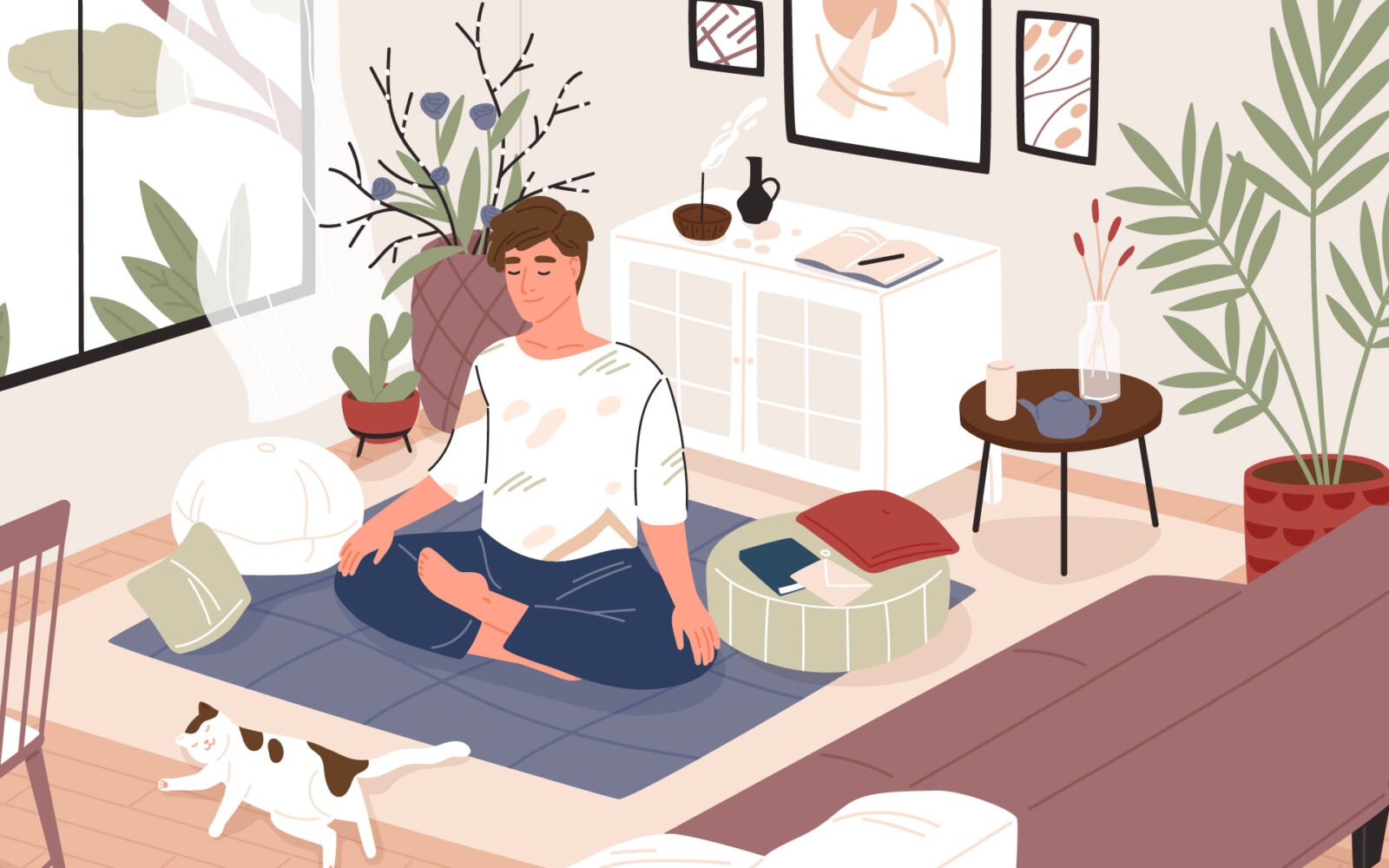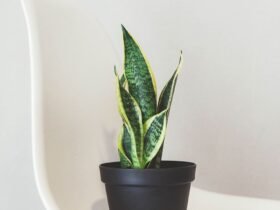Men Talking Mindfulness co-host Will Schneider guides listeners to release distractions and rest attention on breathing in and out, so we can bring our minds fully into the present moment.
By tuning in to our body and mind, where we observe the nature of the ever-changing world, we can develop greater awareness of the shifts occurring around us and within us. Change can be difficult or painful, and often we yearn for things to be otherwise. This meditation helps us open to the idea that life can be easier when we flow with the currents of change. By choosing to simply be a witness to whatever is happening in this moment, we’re able to be there for ourselves without judgment, learning to meet life exactly the way it is.
In this meditation, we’re going to start with concentrating on the breath. With this preparation, we shift our attention and notice what we can hear, see, and other sensory information coming to us, awakening our natural curiosity.
A Guided Meditation for Being With the Ever-Changing World
- Begin by sitting comfortably. Find your seat or take a few moments and bring some movement into your body. Get the breath moving in your body a little bit. If you’ve been sitting all day, after you feel a little bit more awake and alive, then come back, press play, and let’s continue.
- Begin to find your breath. Settle into a nice and easy, deep breath. Make the breath a little bit bigger. Inhale really big. Let it go. And a few more like that, taking in deep, wide, broad breaths and letting it go. Do a couple more. Breathing this way is a great way to start calming down the mind and the body so we are present in this moment.
- Let’s do a few rounds of the box breath. Inhale through the nose for five seconds. Hold that breath for a count of five. Then exhale for a count of five. Then stay empty for a count of five. And then repeat. After a few rounds of box breath, come back to your normal pace of breathing.
- Let’s consider the role of accepting impermanence in our daily practice. The one thing that is constant in this physical world is change, also known as impermanence. We can use this constant to develop greater awareness. Everything is changing all the time, and life is easier when we flow with it instead of fighting the current and living with the delusion of control, or yearning for an experience of how the world should be. These efforts are futile. It’s a waste of energy and time. When we learn and practice detaching from our ego’s idea of how the world should be, we stop suffering and our emotional turmoil on the inside starts to dissolve.
- From this more calm place, for the next few moments, listen for sound. We’re simply listening for sound in the environment as it is. Not trying to change it. Not trying to figure it out. Not criticizing it. Just being with everything, with what is. If you hear voices or traffic or birds, depending where you are, notice how sound appears and then it’s gone. Then maybe there’s a moment of silence, which still contains sound in some way, and then something else appears. And then it goes away. Simply listening for sound.
- If you find yourself getting lost in thoughts, that’s okay. Just take a few breaths to bring your attention back to the body.
- Next, let’s take that awareness and go inside the body. Start to feel your heartbeat in your chest. If it’s helpful, you can bring one of your hands and put it across your heart and just feel your heartbeat. Be with that as it is, and notice even the little fluctuations if you can. Notice the change or the variability in the heart. Sit there and just be with it. Just observe. Just be the witness. Orient your energy and your awareness to your heart.
- Now, let’s take our attention a little further. Maybe you can feel your pulse somewhere else in your body, like in your shoulder, armpit, or down in your forearms, or maybe in your pelvis or down in your legs. See if you can pick up that same pulse, that same kind of pattern flowing through your body, through your limbs, through your torso, through your pelvis. Just be curious.
- Then drop your awareness into your hands. Either the right and left, you choose, or both at the same time. Notice if there are physical sensations in your palms or the back of your hands. Are they cold or warm or dry or sweaty or moist? Can you feel the pulse down in your palms? Again, just noticing. Just being with, just being aware.
- Then drop down into your pelvis. See if you can feel the weight of your sit bones in the chair. Maybe there’s a little bit more on the left, or a little more on the right side of your hips. Then just slowly start to scan from the base of the spine, gently all the way through to the crown of the head. Maybe there’s some stiffness in your back. Let it be. You can feel the breath in your body as you work your way up the spine. You can come back, and feel the heartbeat in your chest.
- Then come back to that breath. Take a moment of gratitude for showing up for your practice today and putting in the work. Maybe there’s one thing you can take away with you from this meditation and bring it into your day. Roll your head a little bit side to side and slowly make your way back. Come back tomorrow and do this practice again.
















Leave a Reply